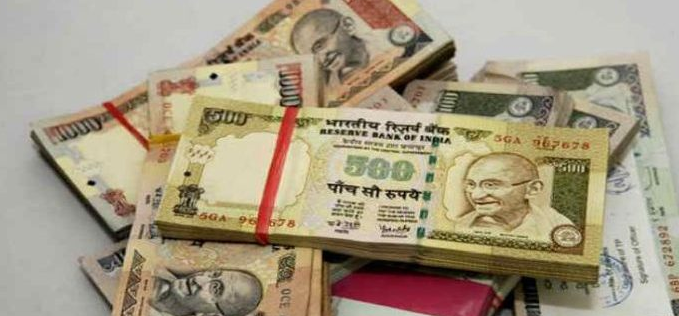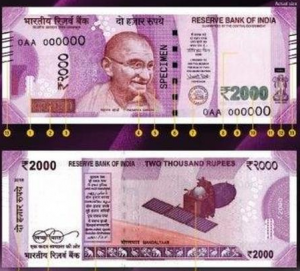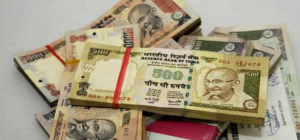
Cash Crunch as Black money are converted to worthless pieces of paper


Indian Prime Minister Narendra Modi made good on his election pledge with a shock declaration on Tuesday that so-called high-value currency notes denominations of Rs 500 and Rs 1000 would not be legal tender as of midnight that day. This draconian move affected £177bn ($223bn) worth of notes, an 86 per cent of rupees in circulation, dampened the retail sales, causing enormous chaos at the banks, where old notes are being exchanged for limited supplies of new.
Several Indians cheered the move, a critical attack on tax dodging businessmen, Bollywood business or corrupt government officials having their secret cache of cash hoards transformed into “worthless pieces of paper.” The notes being withdrawn can be deposited into bank accounts or exchanged for new currency up to December 30, 2016.
People had a lot of unaccounted, untaxed money sitting stashed in lockers, most of them are trying to figure out how to save the situation. One Recycling compnay said ” We will take all your Rs500 and Rs1000 without any question but give you Rs12 for a kilogram.
There are reports of sacks of burnt rupees were discovered in Uttar Pradesh and wads of money were found in the city dump in Pune.
The scrapping of the notes by Mr. Modi, to target India’s £1.9tn ($2.5tn) black economy, preceded a tax amnesty that ended in September 2016, under which Indians declared nearly £ 8bn ($10bn) in hidden assets that were brought into the formal economy on payment of 45 per cent in taxes. Disclosure rules for cash purchases over Rs200,000 have also been tightened.
In the short term, this measure will slow economic growth and hit retail consumption, agriculture and property market. Gold sales, however, surged on Wednesday.
Economic experts say India could benefit long-term as currency flows out of private safes and under the pillows into the banking system.
